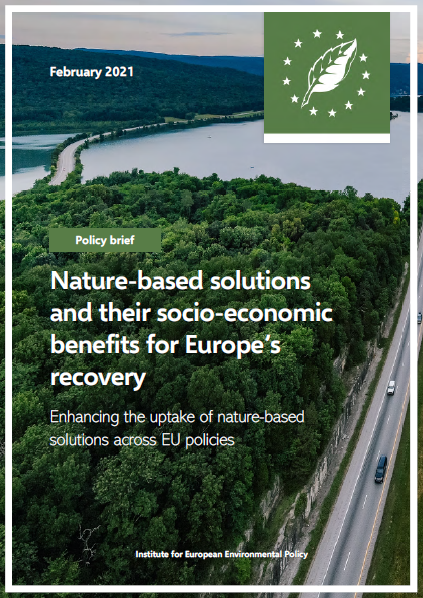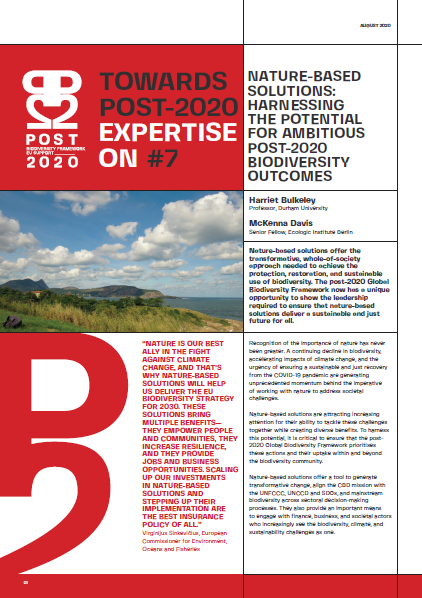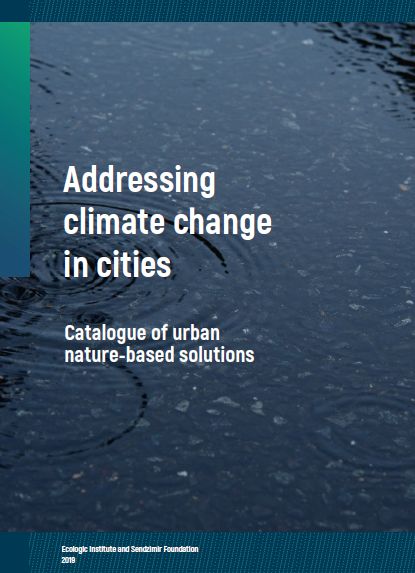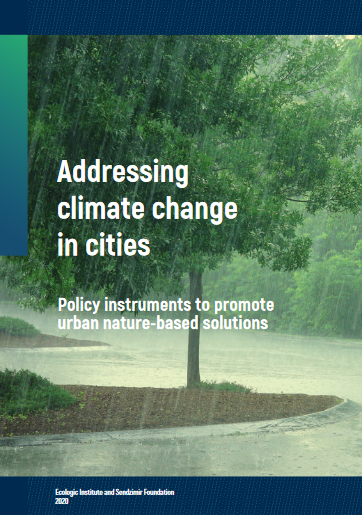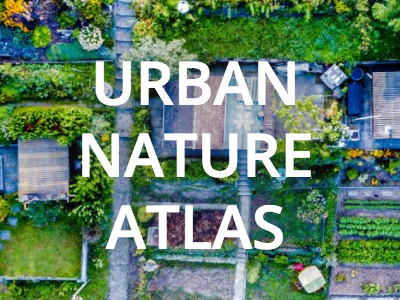Nature-based Solutions and their Socio-economic Benefits for Europe's Recovery
Enhancing the uptake of nature-based solutions across EU policies
- Publication
- Citation
Kopsieker L., Gerritsen E., Stainforth T., Lucic A., Costa Domingo G., Naumann S., Röschel L. and Davis M. (2021) "Nature-based solutions and their socio-economic benefits for Europe's recovery: Enhancing the uptake of nature-based solutions across EU policies". Policy briefing
This policy brief provides an overview of the wide range of socio-economic benefits that nature-based solutions can generate. Co-authors IEEP and Ecologic Institute highlight the central role that such solutions can play in meeting the EU's 2030 commitments on climate action and biodiversity and identify recommendations to enhance their uptake. The paper is available for download.
Nature-based solutions have been gaining recent attention as effective solutions to address important global challenges. As countries start designing and implementing pathways to recover from the pandemic, nature-based solutions can serve as the sustainable, cost-effective, win-win solutions that are desperately needed. As outlined in the briefing, these solutions can help societies recover from the devastating social and economic impacts of COVID-19 by creating economic opportunities, green jobs, and multiple public health and wellbeing benefits. Nature-based solutions can also contribute to disaster risk reduction, resilient cities, sustainable water management and long-term food security.
Nature-based solutions are vital to achieving the EU's 2030 commitments on climate action and biodiversity. However, various bottlenecks have hindered their large-scale uptake. These include limited mainstreaming across policy areas and sectors, lacking centralised and comparable data, insufficient binding commitments, and inadequate biodiversity and climate proofing of national and regional plans.
The EU has an important role to play in promoting nature-based solutions and unlocking their multiple benefits. To enhance the uptake of nature-based solutions, the EU must:
- Accelerate implementation of key EU legal commitments.
- Adopt ambitious EU legislation for mandatory ecosystem restoration including targets for increasing progress on commitments under existing legislation and creating national nature restoration plans.
- Boost investment for nature-based solutions by using public investment as leverage for private investment, integrating biodiversity commitments in post-COVID-19 responses and EU climate policy, and increasing the prioritisation of the use of European Structural and Investment Funds towards biodiversity objectives.
The European Green Deal creates a valuable opportunity to implement these recommendations. The Biodiversity Strategy for 2030, the Farm to Fork Strategy and the new Adaptation Strategy are especially relevant for mainstreaming and strengthening nature-based solutions, which meet biodiversity and climate objectives while delivering significant socio-economic goals.
